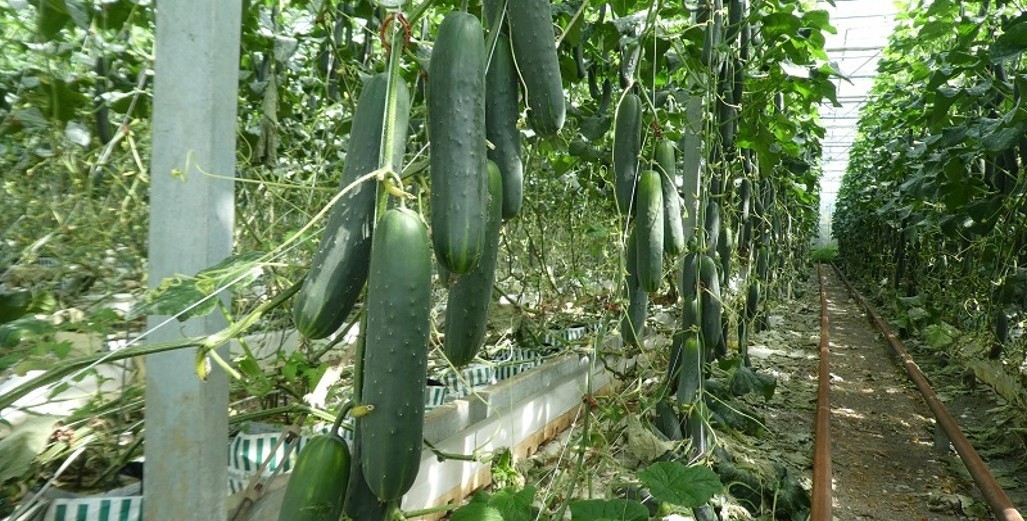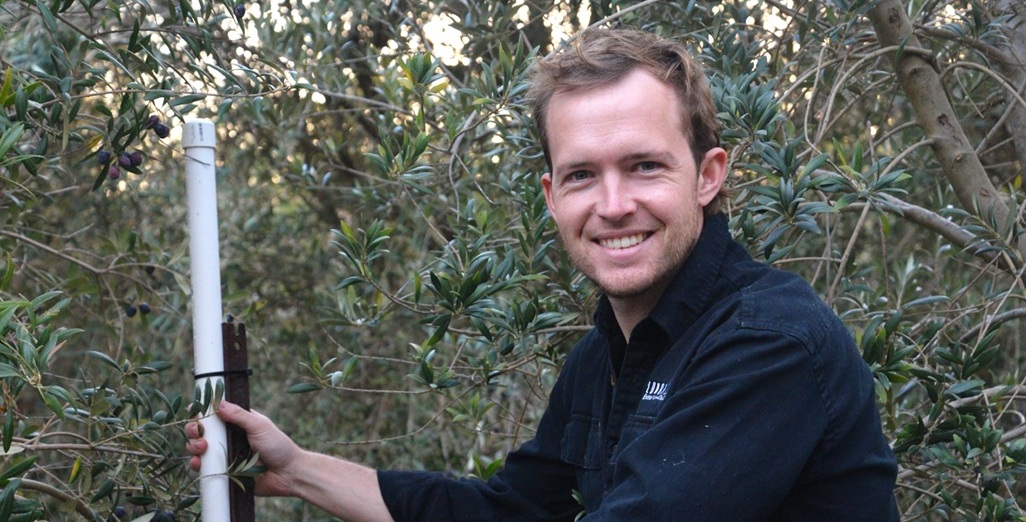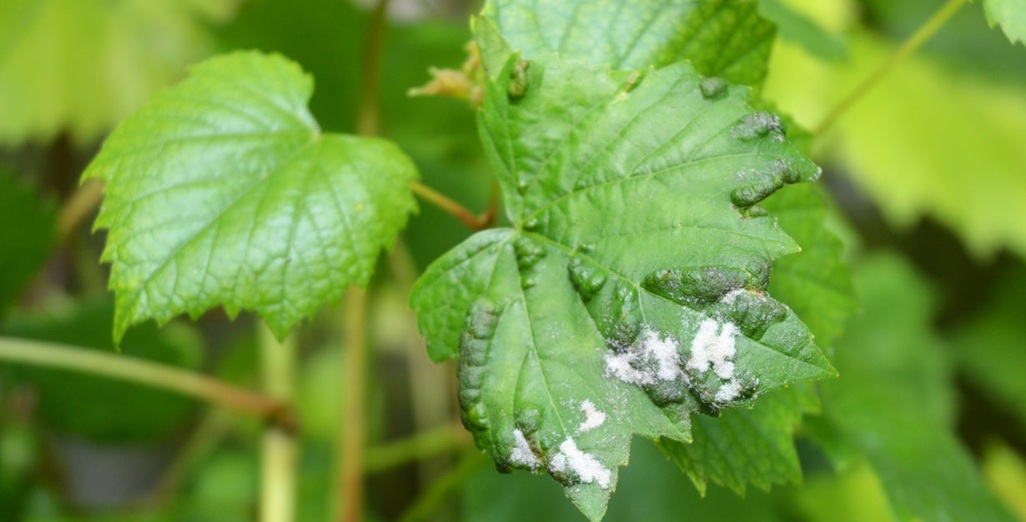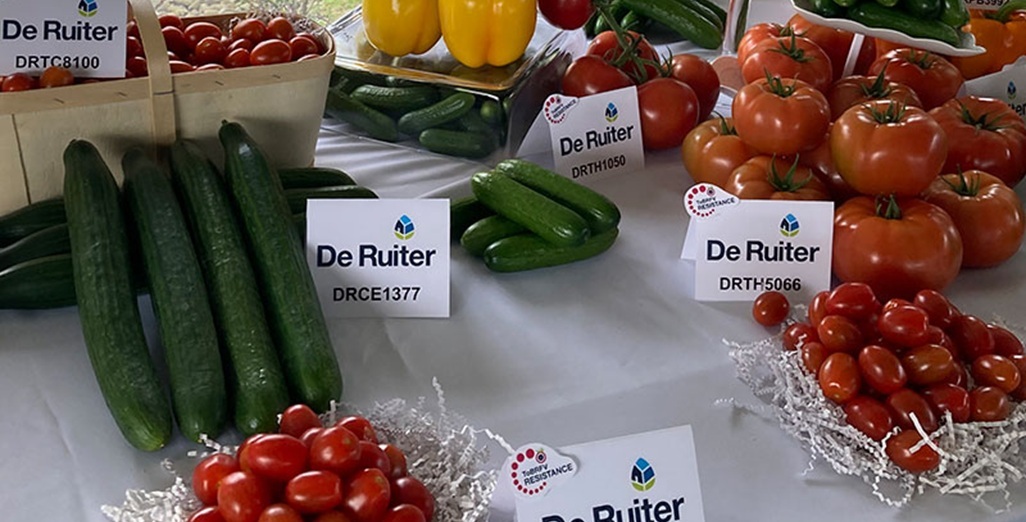Sign up here to subscribe to the Grower2grower Ezine. Every two weeks you will receive new articles, specific to the protected cropping industry, informing you of industry news and events straight to your inbox.
Mar 2021
Lockdown – Take Four

Yoyoing in and out of levels is a nightmare
Opinion:
The stark realisation we are again in a lockdown is a bitter pill to swallow. At a time of the year when plant growth is rapid, businesses are under intense pressure to get plant work completed in a timely manner. This, coupled with the previous lockdown, throw in a few public holidays and it is easy to fall behind with crop work. We are in a fortunate position to be an essential industry so we are able to continue working. However, the risk for many growers, in the South Auckland area in particular, is their staff may be two apprehensive to return to work during level three.
I recently visited three separate companies all chasing their tales to complete the necessary work with the resources at their disposal. I find it frustrating because I know that this will affect production in the next 5-6 weeks. Unfortunately, I believe our industry is competing with our own outdoor cousins to attract workers. I do not blame companies that require seasonal workers to pick fruit, they like us NEED the fruit picked and packed to survive and if I was in their shoes, I would be leaving no stone unturned.
Horticulture NZ, from my perspective, have done everything in their powers to provide assistance to industry to avoid the train wreck unfolding in front of us. The single biggest issue, as I see it, is the restriction and very small quota of Recognised Seasonal Employer (RSE) workers that are required, are simply not able to enter NZ. If it wasn’t for Horticulture NZ I shudder to think if any of these workers would have been allowed to enter NZ. For nearly a year, since the first lockdown, I have been aware this could be an issue and that means our politicians have also realised this. Obviously, the lack of accommodation for quarantine has been a major issue but again we have had nearly a year to address this. Health is important, and not for one minute would I want Covid-19, but surely flying in workers from countries that have Covid-19 free status would have posed minimal risk? Now what we have is articles from industry advising growers where to get help for their mental welfare.
This recently taken image is one of the best short green cucumber crops I have seen grown and consulted on. Unfortunately, the grower could not get the staff required to pick much of the crop on time which meant the cucumbers were over ripe and could not be sold.
In the future automation may reduce the need for an increase in RSE workers, but with continued expansion in horticulture we will still require large numbers no matter how good automation becomes. As much as I feel for our growers, I am also desperately sad for the seasonal workers that have become reliant on this work to provide for their families yet have been denied the opportunity of entry to NZ. Horticulture and the production of fresh food is becoming vitally important to this economy, make no doubt this industry has the potential for massive growth, but that will only happen if we are all on the same page and work to a common goal, which is to create wealth that creates jobs, jobs and more jobs. If growers are not confident industry expansion may stall.
Scrambling:
Scrambling this year is reality and I urge greenhouse growers to please keep up with their plant work because if you don’t, we may face another shortage of fruit, that led to the ridiculously high prices of tomatoes in July and August last year. All this does is actually reduce over-all consumer consumption and create buyer backlash. As an individual grower you may be hoping other growers don’t supply in these months but look out if they don’t because I fully expect Australian imports may flood our market.
Article written by Stefan Vogrincic
All Article’s checked and edited by Marie Vogrincic
I appreciate your comments. Please feel free to comment below or on the grower2grower Facebook page:
CLASSIFIED
Subscribe to our E-Zine
More
From This Category

Australian horticulture’s $1 billion annual productivity opportunity

Powdery Mildew: EPA approves Rhapsody, a fungicide containing 218 g/L ipflufenoquin, a chemical new to New Zealand

Calling on suppliers to do the right thing (Hygiene)

Cravo Cricket Houses: New Zealand’s Game-Changing Training Facilities

New tomato varieties from Bayer offer protection against resistance-breaking Tomato Brown Rugose Fruit Virus (ToBRFV)






























